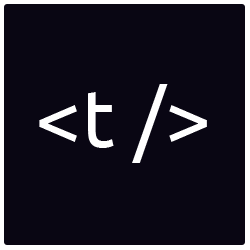**tERMINAL** v2
 by The CodePunker
Rated
(21 votes) / 8330 users
by The CodePunker
Rated
(21 votes) / 8330 users
The **tERMINAL** interprets instructions given through a command line interface simulator. If you want anything from it you will need to type it down. You can start by accessing the help section. To do this type 'man' and then hit Enter/Return. The app is not a real terminal so don't expect to run commands like "chmod" or "rm -Rf" ... instead you can try the yoda or the do --harlemshake commands :).
- Need some help ? OK then press this big red question-button!
- Don't understand what this does? Click the blue info icon and watch the video tutorial!
- Too lazy to type ? OK use the microphone from your computer, mobile or tablet!
-------------------------
The current command sent to the tERMINAL is: "security vulnerabilities time line"
Response:
| Date | Description | Resource |